[Archive] Sonic Websites: Stephen King, Start Screaming Now
Miles Attacca asks what makes a successful website.
A good website needs several things to make it so. First, it needs to be well planned-out; its webmaster(s) should know exactly what they want to offer to people, and how. He/she/it/them should realize that part of having a website is constantly updating it with new stuff; if you don't want to put something good up even once a week, back off from the idea (at least for awhile). Thought should be put into its design, too. First of all, it shouldn't be several "pure," über-bright colors, but it shouldn't be totally dark or 100% pastels; it should be an even mix of all three types of colors, usually according to your site's theme. But even with the colors thought out, the part of the design that defines its overall shape and ease of use is how navigable it is. Links should be obvious and easy to reach, such as on a navigation bar on the top of or to the left or right of the main content of the page. Still, they shouldn't dominate the page; you came to the page for its content, not to visit another page's content. And finally, the last and most important part of a website is its content; it should have a good subject which more than one person (you) is interested in. It should be kept interesting and original (I can thank Dreadknux of TSS for putting that thought into words), and it should be presented well (which is what the planning and the design do in the end).
One other thing about building a site that's one of the most important rules is to avoid at all costs relying on an HTML "helper" application to do your work, including the expensive and fancy-looking tools like FrontPage or Dreamweaver. If you want to see if you've really got what it takes to maintain a good website, learn how to code HTML or a similar webpage language. "Helper" applications often are hard to manipulate, so you can't get what you want, and they often put really buggy code in place, lessening the chance that all web browsers can see your pages properly. Plus, if you know how to code by hand, you can not only figure out how to fix your bugs; you can learn special code effects that aren't easily achieved by a "helper" applications. So save yourself some money and take a little time to save more time in the long run. If you decide to use an HTML editor besides Notepad or SimpleText/TextEdit, get one like Matrix Y2K, which allows you a few wizards for standard but complex bites of code, shows parts of code to make it easier to edit, and allows a quick-preview function of your pages, with a file manager to hold it all. (Go to http://www.crystalfibers.com -- and I'll vouch for how good it is; I've worked on beta-testing the two latest versions.)
If you follow all of these rules, chances are that your site will become more and more popular as it grows, and it might even eventually become one of the big sites, like those you see and envy today.
Getting to the point
So I've just described, in 296 words, what makes a good website. But how's this matter to what I'm writing about? Wasn't this supposed to be about Sonic websites and Stephen King screaming?
I described what are basically rules for making a good site. The point of this essay is that there are many people who don't follow these rules; who think that if they start big and buy a fancy "assistant" webpage-editor, they'll end up with a fantastic, popular site in four weeks - just like how those diet pill commercials on TV tell you that if you spend $100 on a few weeks'-worth of pills, you'll end up with a body better than Paris Hilton's (or, in the case of Sonic_Hedgehogs - founder of Sonic News - Christy Carlson Romano...to which he would respond, "Blasphemy!").
But the truth is that, just like with those "miracle weight-loss pills," it's not gonna happen just by lying around and watching a few more infomercials at two in the morning. If you want something to work you have to put the work into it, and many webmasters either simply don't have what it takes or don't want to use what it takes if they do have it. Chances are that anyone who's browsed the Internet for a couple months, including and maybe particularly Sonic sites, has noticed a whole bunch of sites that totally break the rules I spelled out. The sites may have been sitting abandoned and derelict on some obscure web server for months or years. They're often a whole bunch of poorly-formatted, oversized white text on a pure blue or black background. And even worse, they're usually filled with AOLer psuedo-grammar. But what really puts the last nail in the coffin is that all the AOL abbreviations show are a few well-known facts about a few Sonic characters, plus maybe a few badly-compressed JPEG images ripped from a Google Images search.
These sites burn your eyes from the first instant the pages start loading; they're filled with grammar and spelling mistakes someone thought were "l33t," they have nothing anyone doesn't already know, and nobody even bothers to update them with the tiniest new page.
So my advice: Try to follow the rules I've spelled out, especially continually adding things to your site, so no one gets bored. And have fun! What use is it to work so hard on a website if you only find it a burden? If that feeling's come upon you awhile after establishing the site, take a break of a couple weeks, and no more, so you'll come back refreshed and hopefully only slightly reluctant to return to your pages.
Getting the word out if you do try AND make a good site
One word: Advertising. But you don't have to pay money for it. Instead of buying into the hype that to advertise you have to spend a lot of money, try word-of-mouth traffic (besides, it's challenging to make a site design that looks good with rampant ad banners). But no one will tell other people about a site unless it's good; that's a side reason your site has to be good. Just don't think you can get success constantly advertising your link in chat rooms; that's spamming, and everyone hates it. They will in turn come to hate you; AOLer has the same effect, d00d. (Instead, if anyone sounds interested in private, two-way chats, give them your link and ask for comments.)
Another way to get attention besides word-of-mouth is to get news attention. I don't mean by holding someone for ransom at mouse-point (that might earn you a nice rubber room, though). I mean figuring out some sort of special attraction (like an online convention) that sites such as TSSZ, Sonic News, and the Sonic Stadium will want to cover and which will draw people to look at your site. This can bring your daily visitor count from a half-dozen people or less to a couple dozen or more. And then it's likely that more people will tell more people, and they'll keep coming back because you keep offering original content.
The problem with this idea is that a few other people came up with that idea perhaps years before you even started browsing, and it worked very well. Your challenge is to come up with something that even they haven't thought of yet. Currently there are conventions for fan comics, fan games, fan sites, and even a convention devoted to all aspects of fan creations (um...heh-heh....stop looking at me!). So you're up against pretty tall odds. You might be better off at this point through word-of-mouth advertising. And remember: Make your website good, and keep making it better.
Two final options you should seriously consider for raising your website traffic even a bit are registering your site with search engines and getting affiliate websites. Submitting your URL to top search engines like Google, Yahoo, Ask Jeeves, and even MSN and Netscape searches will make it much more likely people will find your site while looking for something related to the subject it covers. As for affiliates: These are sites that feature similar content and/or subjects to what you cover, and whose webmasters you know and even perhaps admire. Don't affiliate just to get a popular site to show you to people; affiliate because you've come to know a webmaster (online) and to build mutual, friendly traffic.
Plus, never disregard regular online advertising, especially banner-exchange programs. They're often surprisingly cheap or free, and can be very effective.
Conclusion? Play by the rules; advertise; and make friends. And have as much fun as possible. That's the only thing that makes putting a website together worth it. ^_^
.png.58cfe414f117a5b917dfc7f637393e58.png)


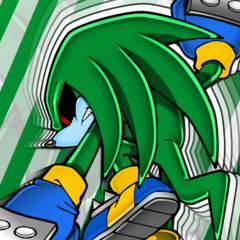
.png.f768e442ba16f527fb60317d6b1d496d.png)
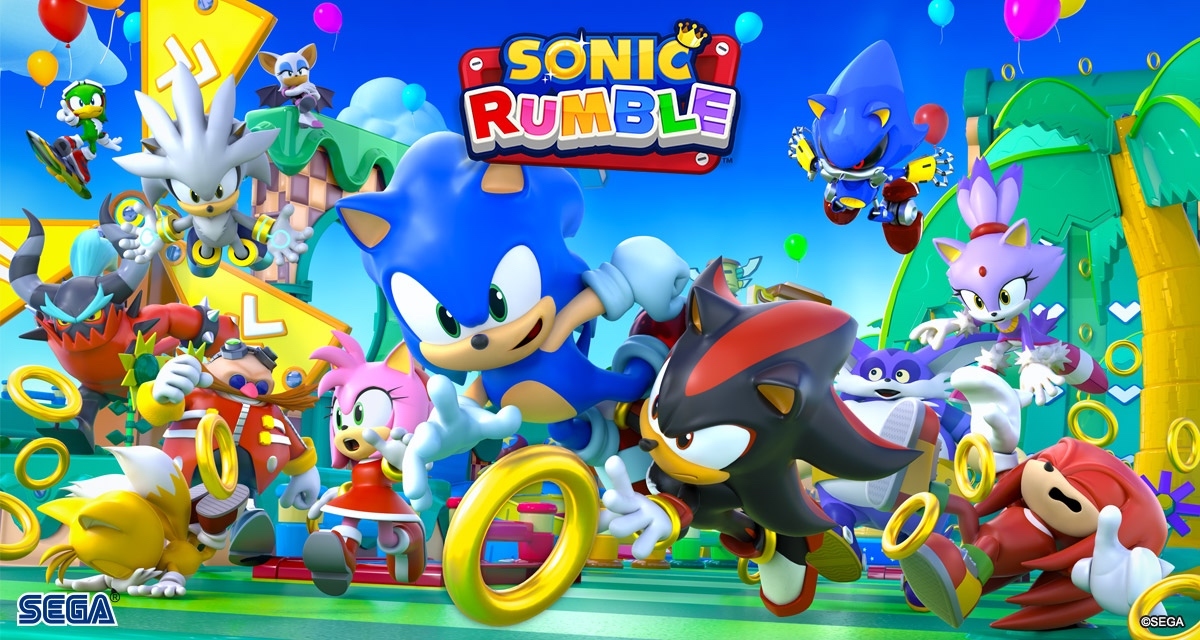
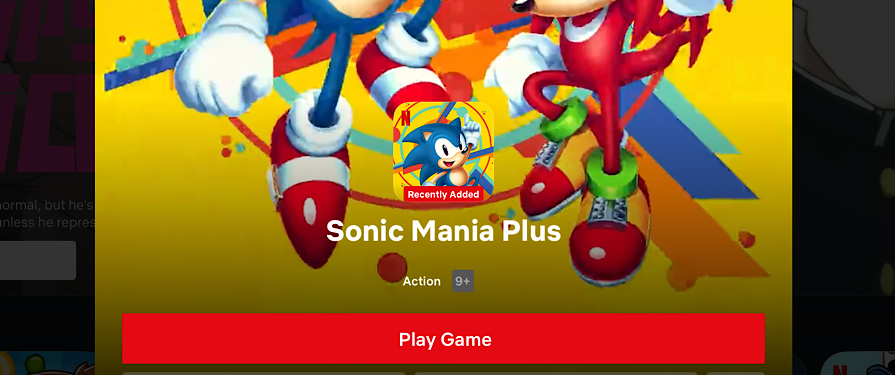
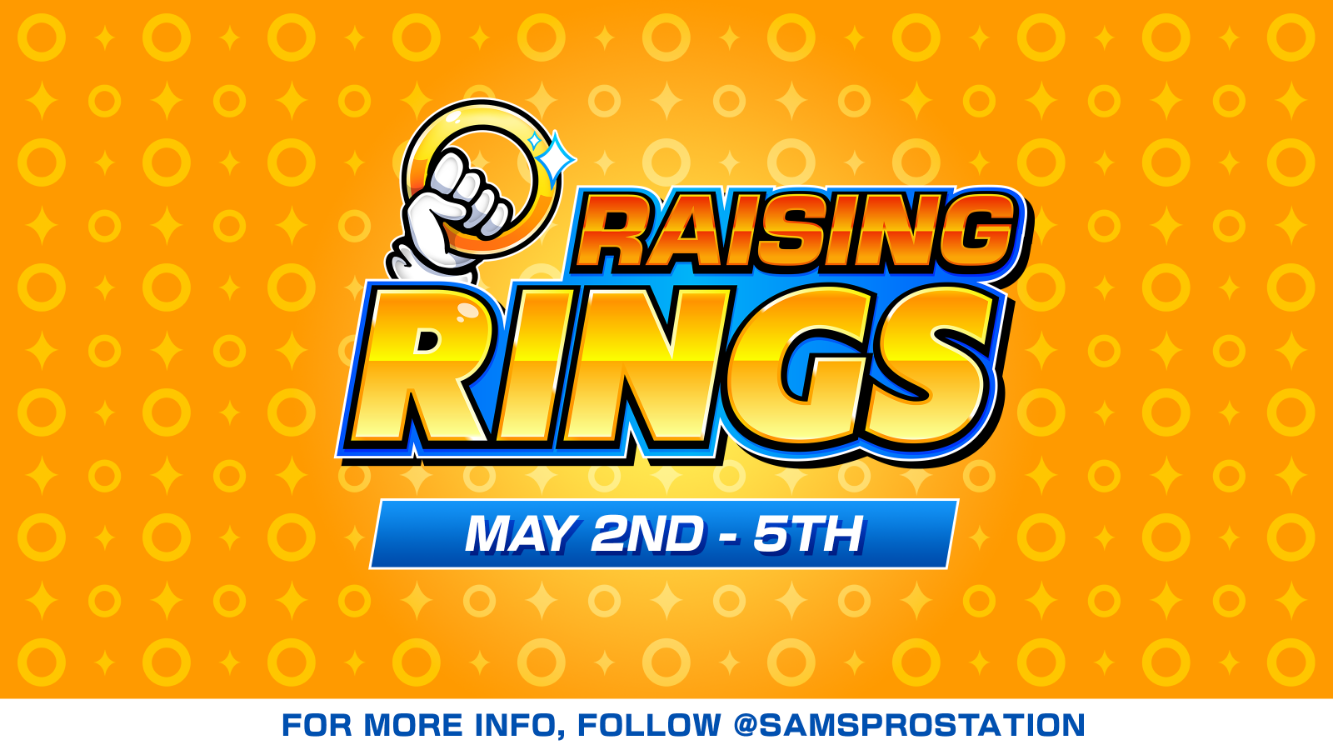
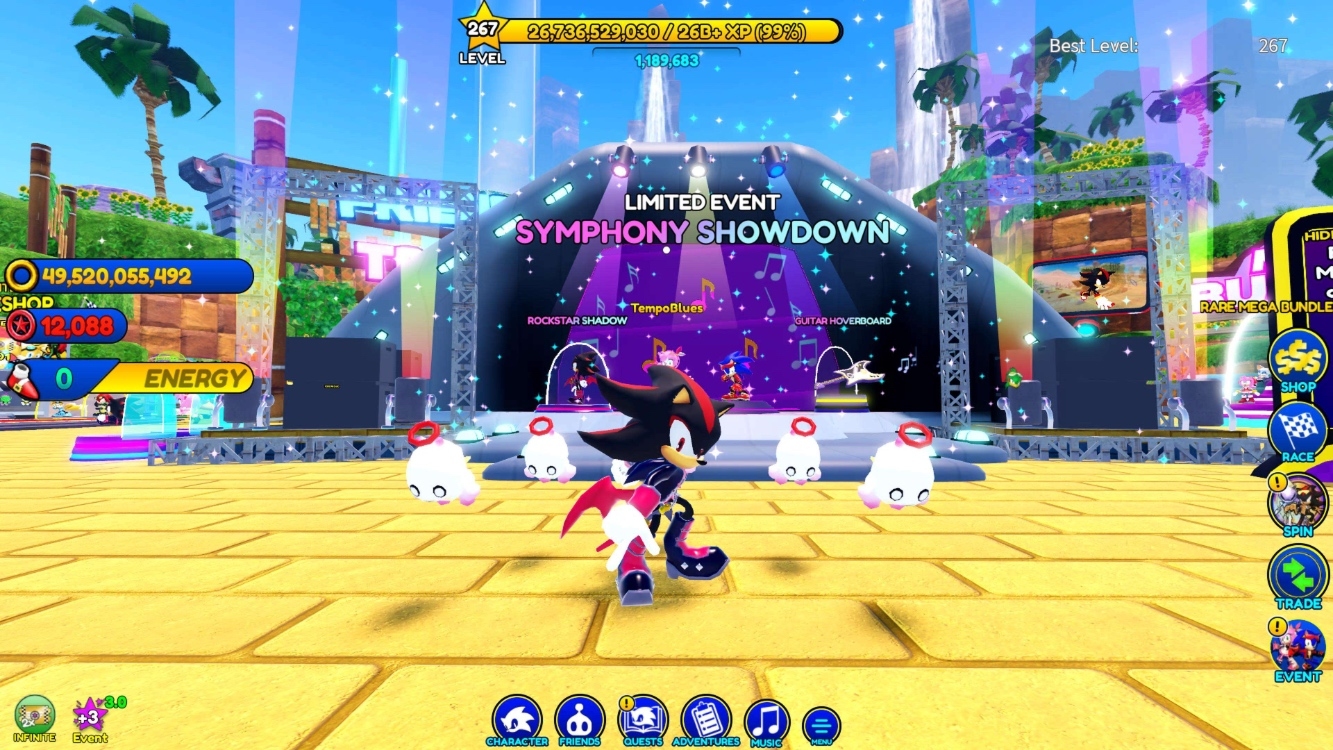

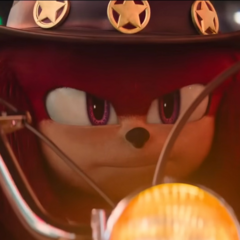

0 Comments
Recommended Comments
There are no comments to display.
Create an account or sign in to comment
You need to be a member in order to leave a comment
Create an account
Sign up for a new account in our community. It's easy!
Register a new accountSign in
Already have an account? Sign in here.
Sign In Now